SAN PEDRO (ECHINOPSIS PACHANOI): PREVIOUSLY KNOWN AS ‘TRICHOCEREUS PACHANOI’
The San Pedro cactus (Echinopsis pachanoi) originates in the mountains of Peru and Ecuador where this mescaline cactus grows at an altitude of 2000-3000 meter. Nowadays this cactus can be found in other parts of the Andes, such as the Argentinean and Bolivian mountains. The San Pedro is a rapidly growing cactus: under the right circumstances, this cactus can grow up to 30 to 40 cm a year.
The San Pedro cactus has a extensive history in shamanic culture. The most ancient signs of ritual use date back to 2000 years ago. Since the beginning of civilization in the Andes region, local shamans were using the San Pedro as part of their rituals, hailing the cactus as the “Materia Prima’. It was used not only as a religious sacrament, but also as a shamanic medicine.
Unlike the Peyote cactus and the psilocybin mushrooms, the use of the San Pedro cactus was not punished by the catholic inquisition. It is also very surprising that this holy Indian plant bears the name of a catholic saint. How this came to be is unknown till this day.
MESCALINE
The San Pedro contains mescaline, a psychoactive alkaloid with potent psychedelic and hallucinative effects. Users of mescaline attest to strong visual effects, an altered conscious, feelings of euphoria and intense harmony with nature. The normal dosage of mescaline is 0.3-0.4 gram (pure mescaline, not 0.3-0.4 grams of cactus). The consumption of mescaline cacti can induce heavy vomiting. According to original users this purging should be experienced as a positive, it is the cleansing of the body.
For the fanatics: the chemical formula for mescaline is 3,4,5-trimethoxyphenethylamine.
CULTIVATING THE SAN PEDRO CACTUS
Our cuttings of the San Pedro are exclusively derived from healthy and attractive cacti. These cuttings facilitate the home cultivation of your own San Pedro cactus. The cutting only needs to be placed in the ground after which the cutting will soon shoot roots and continue to grow, like it had never been out of the ground in the first place. Use special cactus soil and not the standard soil for indoor plants. This soil often contains an incorrect ratio of nutrients needed for cacti.
Water the cactus once a week in autumn and spring and only once every 2-3 weeks in winter. In summer you may water the cactus 3-5 times a week. The best method is to water the cactus from the bottom, so it is better to put the cactus in a pot with a punctured base. Place the pot in a shallow dish with water en the cactus will absorb what it needs. This method is preferred over watering the cactus with a spout from above.
Place the San Pedro cutting in the shade for the first month, allowing the cactus to adjust to its new surroundings and create a new root system. You will not need to water the cutting for the first 2-3 weeks.
NAME CHANGE: FROM TRICHOCEREUS TO ECHINOPSIS
The Latin name for the San Pedro cactus has always been ‘Trichocereus pachanoi’, but recently a new classification for the cactus species was put in place. Now the San Pedro is subordinate to the much larger cacti family Echinopsis. The current and correct name for the San Pedro is therefore ‘Echinopsis pachanoi’. The name change has not yet caught on with the masses and the cactus is still commonly referred to as ‘Trichocereus pachanoi’. It will probably take quite some time before people speak of the ‘Echinopsis pachanoi’.

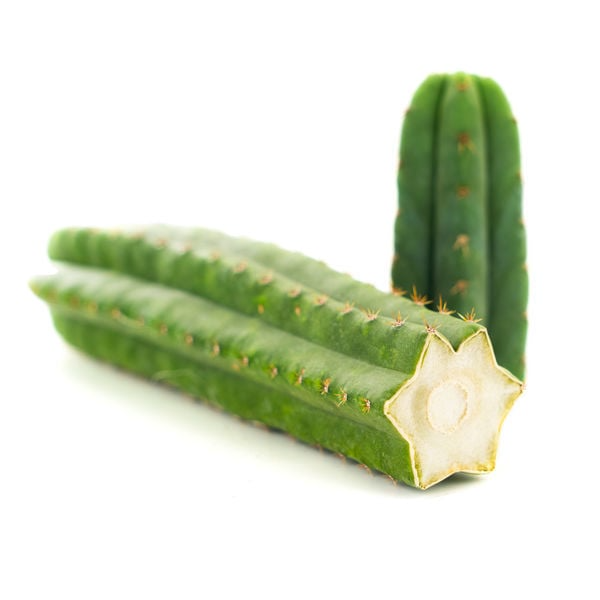

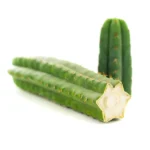


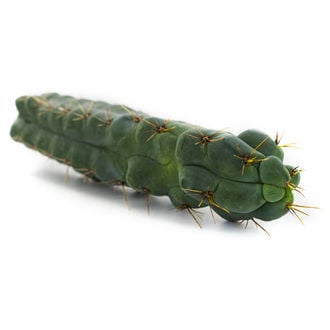




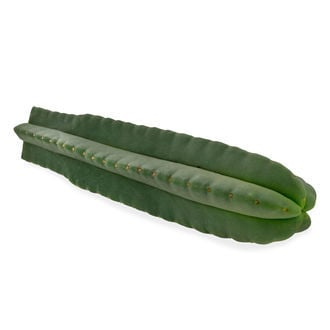
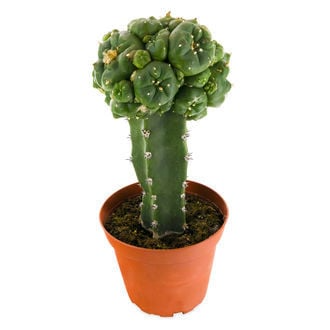
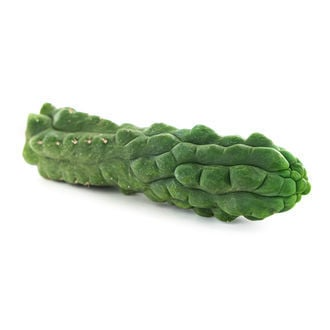

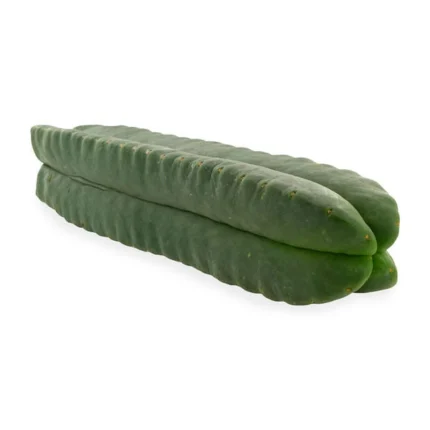
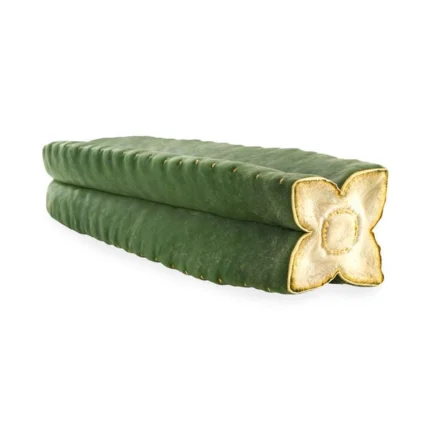
Reviews
There are no reviews yet.